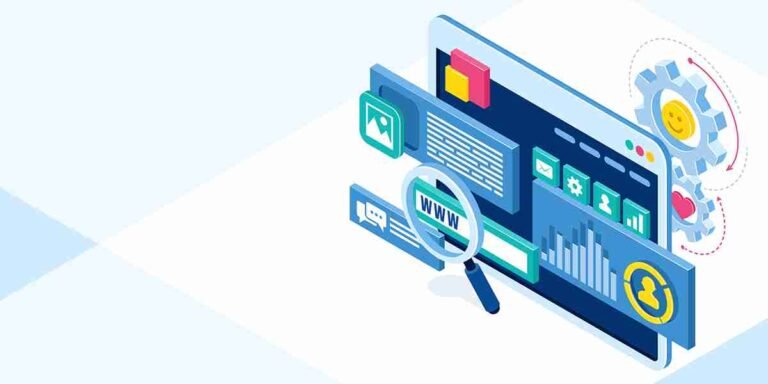How to Build Scalable Web Applications with PHP

Scalability is a critical aspect of modern web development, ensuring that applications can handle increased traffic and data without compromising performance. PHP, with its vast ecosystem and robust frameworks, is an excellent choice for building scalable web applications. At Mountain Techo System, we specialize in PHP development and have the expertise to design web applications that grow with your business. In this article, we’ll explore best practices, tools, and techniques for building scalable PHP applications that stand the test of time.
Why Scalability Matters in Web Development
Scalability ensures that your application can handle growth—whether it’s increased user traffic, expanded functionality, or larger datasets. A scalable web application provides:
- Improved User Experience: Faster load times and better responsiveness.
- Cost Efficiency: Avoiding expensive overhauls as demand grows.
- Business Continuity: Seamless handling of traffic spikes.
Steps to Build Scalable Web Applications with PHP
- Choose the Right Framework
- Opt for robust frameworks like Laravel, Symfony, or CodeIgniter that are designed to handle complex, scalable applications.
- These frameworks provide tools for routing, caching, and database optimization.
- Optimize Database Design
- Use efficient indexing and avoid redundant data.
- Implement database sharding and replication for larger applications.
- Use ORMs (Object-Relational Mappers) like Eloquent in Laravel to streamline database queries.
- Implement Caching Mechanisms
- Use caching tools like Redis, Memcached, or built-in PHP caching systems to reduce server load and speed up data retrieval.
- Cache frequently accessed data, like user sessions and API responses.
- Use Load Balancing
- Distribute incoming traffic across multiple servers using load balancers.
- Tools like Nginx, Apache, or cloud-based solutions (AWS ELB) can be implemented for effective load distribution.
- Adopt a Microservices Architecture
- Break down your application into smaller, independent services.
- Use PHP APIs to allow these services to communicate efficiently.
- Leverage Cloud Hosting
- Platforms like AWS, Google Cloud, and Microsoft Azure provide scalable hosting solutions.
- Use auto-scaling features to dynamically adjust resources based on traffic.
- Optimize PHP Code
- Follow PHP best practices, like avoiding unnecessary loops and minimizing memory usage.
- Use profiling tools like Xdebug to identify bottlenecks in your code.
- Asynchronous Processing
- Offload time-consuming tasks to background workers using tools like Laravel Queue or RabbitMQ.
- This ensures the application remains responsive to user interactions.
Case Studies: How PHP Delivers Scalability
Many large-scale applications, including popular content management systems and e-commerce platforms, rely on PHP for its flexibility and scalability. Companies like Facebook started with PHP and successfully scaled it to handle millions of users daily.
Why Choose Mountain Techo System for Scalable PHP Development
At Mountain Techo System, we focus on designing PHP applications that are not only scalable but also secure and high-performing. With our deep expertise in PHP frameworks, cloud hosting, and modern development practices, we ensure your application can handle growth seamlessly.
Conclusion: Build for the Future with Scalable PHP Applications
Building scalable web applications with PHP requires a strategic approach, from selecting the right tools to implementing best practices. By optimizing performance, leveraging modern frameworks, and adopting cloud-based solutions, you can ensure your PHP application scales effortlessly. At Mountain Techo System, we’re here to help you design and implement scalable solutions tailored to your business needs.














